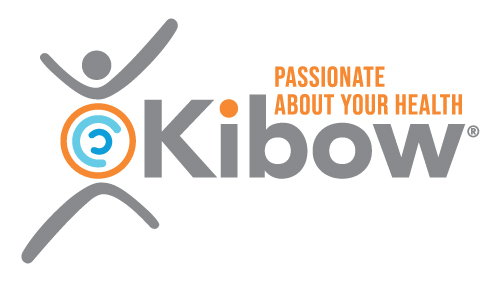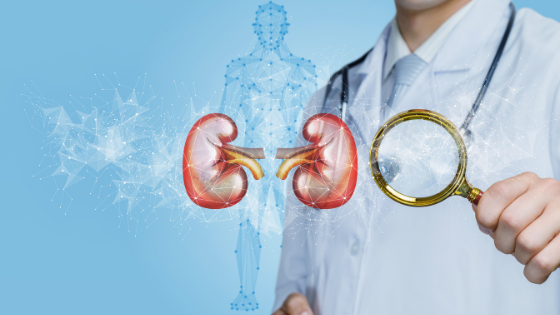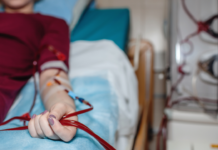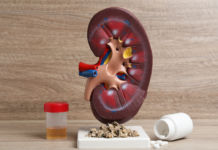*These statements have not been evaluated by the US Food and Drug Administration. This information is not intended to diagnose, treat, cure, or prevent any disease. Always consult with a qualified healthcare professional prior to beginning any diet or exercise program or taking any dietary supplement. The content on our website is for informational and educational purposes only.
Written By: Steve L. Belcher, RN, MSN, MS, DN-CM
With the rise of COVID-19, there is a segment of the population suffering with severe case of COVID-19 and showing signs of kidney damage, even those who had no underlying kidney problems before they were infected with the coronavirus. A diagnosis of AKI can be overwhelming. There can be a lot of information to understand and remember. This article is to help you focus on the most important parts of your kidney health.
What is AKI?
Acute Kidney Injury happens when your kidneys are suddenly damaged to a point where they aren’t working right. The body isn’t filtering out toxins like normal and needs a little help. Dialysis treatment helps do the important jobs of the kidneys. Some people are able to recover from AKI. Many do not recover and need to continue dialysis treatment or get a kidney transplant. AKI is also known as ARF (Acute Renal Failure) and AKF (Acute Kidney Failure).
Staying healthy with AKI:
When starting treatment for AKI, there are some important things to remember to stay healthy.
- Pay attention to your urine. The amount you are urinating can mean changes in your kidneys.
- Talk to your nurse about how to keep track of how much you urinate
- Always let your nurse and care team know if there are any changes in your urine
- Take special care of your central venous catheter (CVC)
- CVCs have a high risk for dangerous blood infections. Keep your catheter clean and dry. Let your care team know if your bandage gets wet or dirty and they should change it.
- Signs of infection include fever, chills, and nausea. Let your care team know right away if you are feeling any new symptoms.
- Replace your catheter:
- The catheter in your chest is temporary. It’s important to prepare for a safer way to connect to dialysis going forward.
- A permanent access like a fistula or graft, or a PD catheter gives you a safer way to do dialysis in the future.
- Talk with your care team about treatment options and steps for getting a permanent access.
- Talk to your care team about all medications you are taking-both prescription and over-
The-counter. Some medications, like Ibuprofen, can cause more damage to your kidneys.
If you have any questions about acute kidney injury talk with your doctor for more information.
About the author
Steven Belcher, RN, MSN, MS, is a dedicated kidney advocate who began his journey 20 years ago as a dialysis nurse. This job inspired him to help as many people with kidney disease as he could. Not only did he spend two decades caring for a patient’s physical and emotional needs in a clinical setting, but he also educated the public on the risk factors of kidney disease. Some of his many philanthropic successes include being a keynote speaker at the National Association of Nephrology Technicians/ Technologists (NANT), presenting at community spaces, and launching radio shows.
He now focuses his time entirely on his organization Urban Kidney Alliance, which educates the public about kidney disease. His goal? To lower rates of Chronic Kidney Disease in urban communities in Baltimore, Maryland, across the country, and globally through education and collaboration.
Steve has also written the book “HOW TO SURVIVE OUTPATIENT HEMODIALYSIS: A GUIDE FOR PATIENTS WITH KIDNEY FAILURE.” You can read the book review here.





